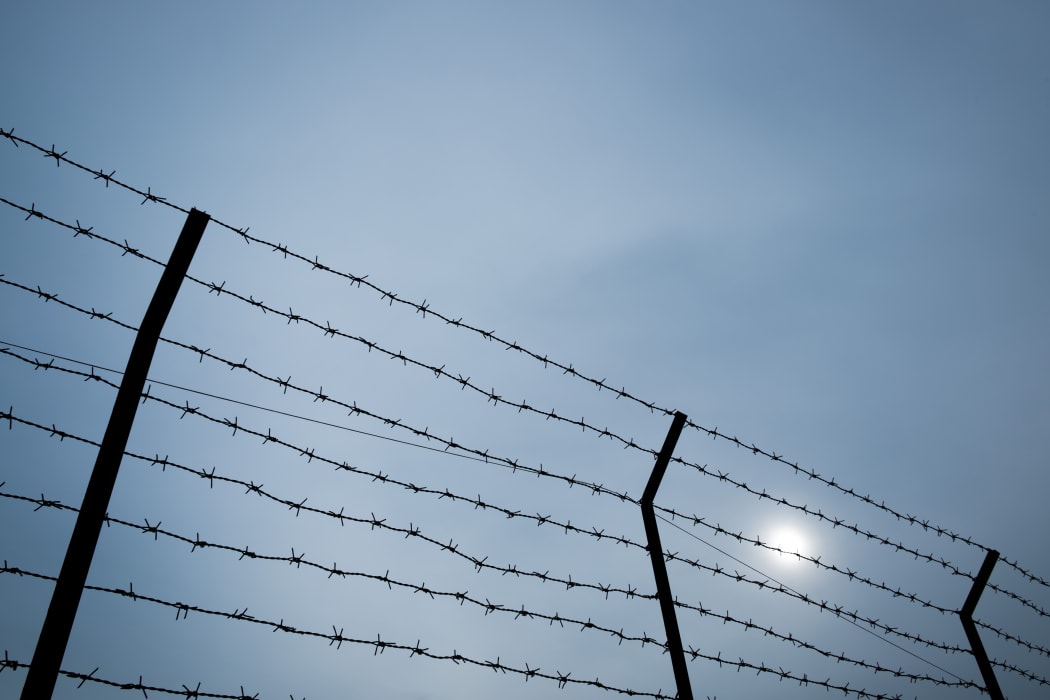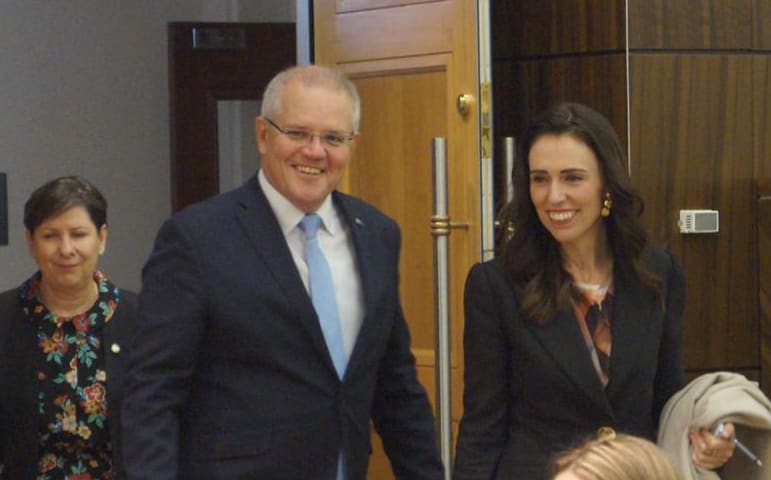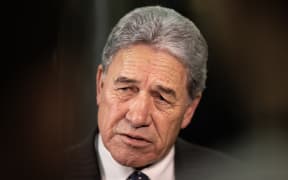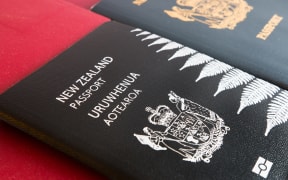The Royal Australian and New Zealand College of Psychiatrists is calling for the Australian government to review its deportation policies due to their mental health effects.

RANZCP president Vinay Lakra says many deportees have complex mental health needs, which are being exacerbated by their detention and removal from Australia. Photo: 123rf
Psychiatrists on both sides of the Tasman have expressed serious concerns about people who are being or have been deported.
Changes to Australian migration legislation in 2014 allow Australian visas to be cancelled for anyone sentenced to 12 or more months in jail.
RANZCP president Vinay Lakra said many deportees have complex mental health needs, which were being exacerbated by their detention and removal from Australia.
"We are urging the Australian government to make these decisions only after considering the broader implications this could have on the mental health of the individual, including the likely effect of deportation on treatment outcomes," he said.
Chair of the RANZCP faculty of forensic psychiatry, Justin Barry-Walsh, emphasised the significant impact deportation could have.
"The individuals who come in contact with the criminal justice system are more likely to experience mental health or substance use issues," Dr Barry-Walsh said.
"These issues are often exacerbated by experiences of detention and deportation as it interrupts treatment and recovery schedules as well as, more often than not, separates them from their support system."
He said studies had consistently shown that the treatment for mental health and substance use issues was an effective way to decrease recidivism in mentally ill and substance-dependent offenders.
"The current deportation policy does not allow for treatment to be given the chance," Dr Barry-Walsh said.
"We also note the disproportionate impact this policy has on indigenous people and children. Many Māori who live in Australia have relocated with their whānau, and are particularly vulnerable to the impacts of deportation as it involves the loss of their entire familial support system."
The RANZCP is calling for greater consideration to be given to people's mental health prior to the deportation process.
Ardern talks to Australian PM on deportations
Prime Minister Jacinda Ardern and her Australian counterpart, Scott Morrison, held talks in Melbourne on Friday during which Ms Ardern said she would raise the problem with Mr Morrison.

Australian Prime Minister Scott Morrison with New Zealand Prime Minister Jacinda Ardern head into a meeting in Melbourne. Photo: RNZ / Craig McCulloch
Ms Ardern singled out the practice of deporting New Zealand citizens even in cases where the person had spent the majority of their life in Australia.
"I consider that to be a corrosive part of that policy and it's having a corrosive effect on our relationship," she said.
She acknowledged some deportation cases were "completely legitimate", but not those where the deportee had "almost no connection" to New Zealand.
The choice of language is a callback to when Ms Ardern described the policy as "corrosive" to the relationship in the pair's first formal bi-lateral discussions in February.
However, Home Affairs Minister Peter Dutton, speaking ahead of the meeting, warned the policy would not be changed.
"We need to stand up for Australians," Mr Dutton told Channel Nine.
"And the New Zealand prime minister is rightly doing that for her people.
"But where we've got Australian citizens who are falling victim in certain circumstances where people are sexually offending against children, for example, we've had a big push to try to deport those paedophiles."






